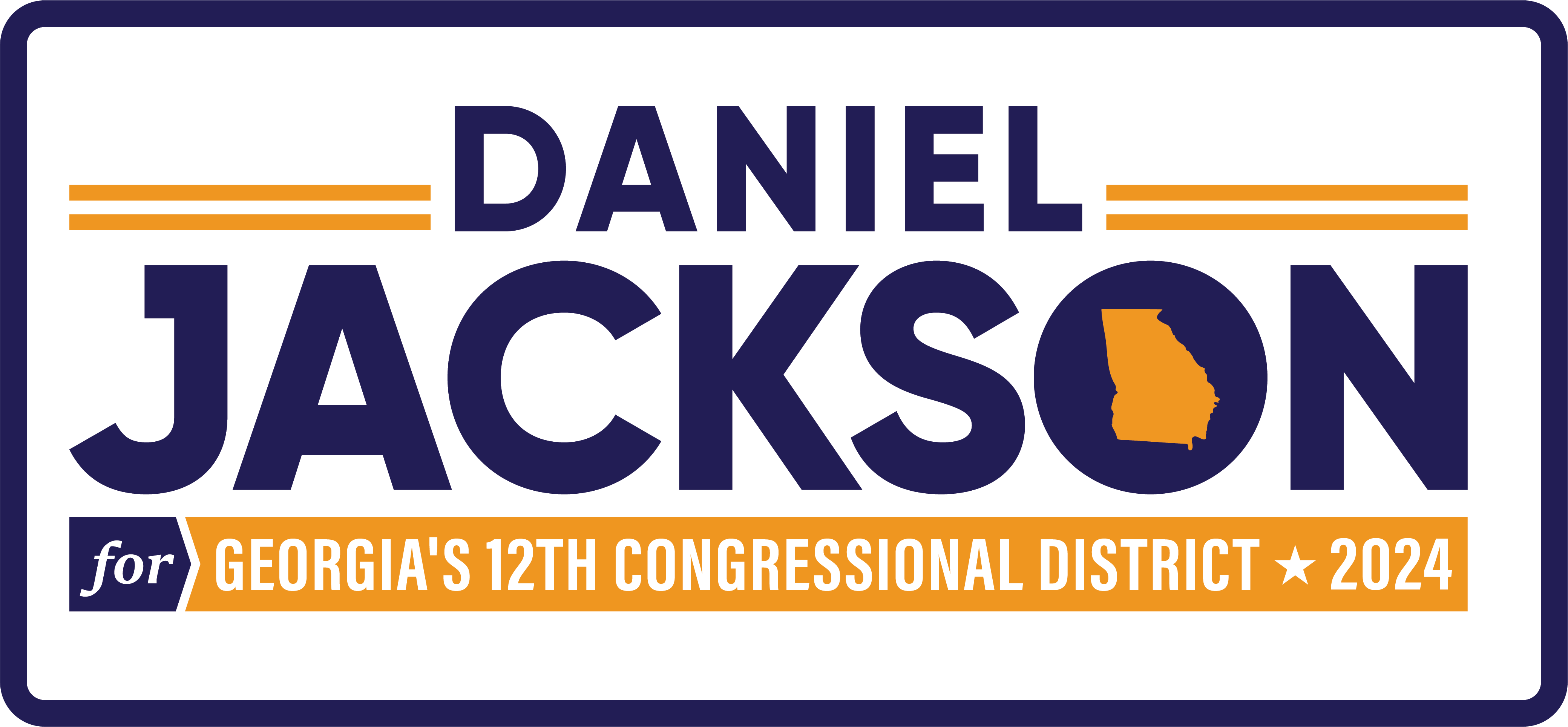
Health Care
Issue Healthcare and prescription prices are out of control and many of our most vulnerable populations—children and seniors—are going without essential services and medicines
Solutions:
- Extend healthcare resources and personnel from the city centers further into our rural areas. Provide incentives for medical personnel to stay and practice in rural areas. In 82 of the 159 counties in Georgia, over half have no OB/GYN.
- Grow our healthcare workforce throughout the state to account for current and future staffing shortfalls. Every high school should offer health care courses that lead to a basic certification upon graduation and provide information on future education steps required for specific specialties.
- Reform the insurance industry. Provide better standardization and simplification of the process. Make insurance attainable for everyone to be able to afford based on their income and ability to pay.
- Create a government entity that provides independent guidance on healthcare plans and educates patients on what might be best for their personal circumstances.
- Provide protections for hospitals and healthcare professionals by limiting financial amounts of jury verdicts so that medical decisions are not based on fear of lawsuits
- Government regulation on the prices of some prescriptions
Recent news

President Joe Biden used the bully pulpit during the State of the Union address this week to call for a universal price cap on insulin for all diabetes patients but the proposal is very unlikely to pass the current Congress.
Biden’s signature legislative achievement, the Inflation Reduction Act, has capped insulin prices for Medicare recipients at $35 per month but the law does not shield younger diabetes patients with private insurance or without

The GOP has taken over the U.S. House.
In rural Tennessee, 16% of Tennesseans 18-64 are uninsured, having no healthcare coverage
So, what can we expect from them regarding healthcare, a major issue for this county? From their own policy statements- nothing, as I point out below.

Workforce data through September of last year shows Georgia would need almost 700 additional primary care doctors to eliminate shortages. Primary care physicians often work in family medicine as a patient’s principal point of contact for medical issues and continued care. According to federal standards under the Health Resources and Services Administration, only three counties in Georgia have enough providers.
